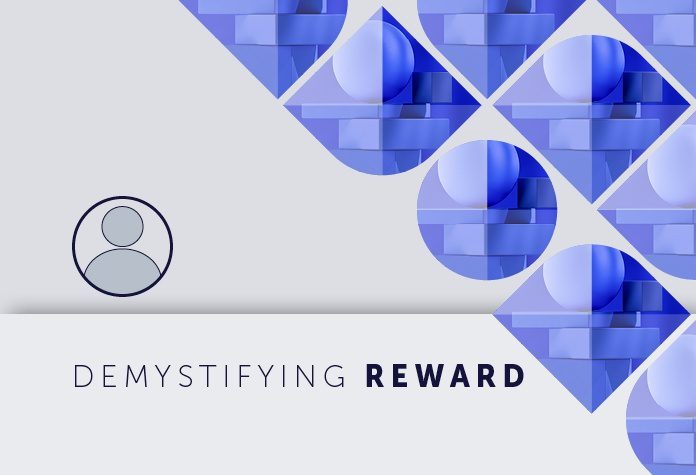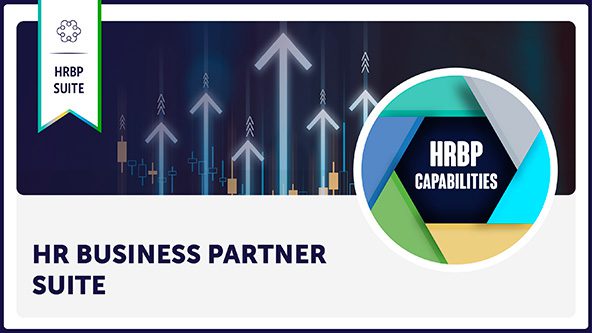Future of Work and People Strategy
Blog: How HR Can Help Drive Responsible Business Strategy, in 3 Steps
What’s your role in developing responsibility?
There are several challenges on the transformational journey to becoming a responsible business. Too often, the HR function ends up delivering ‘bolt-on’ fixes instead of maximising its contribution to this transformation.
So, how can you ensure that responsibility is embedded in business practices?
Leadership Buy-in
The first, and perhaps greatest, potential challenge for an organisation is leadership buy-in. It is senior leaders’ commitment that will support both financial and social goals, lend legitimacy to responsibility and build enthusiasm for it, and allocate financial and human resources.
That said, leaders may have good intentions but lack the necessary skills. They might resist or misunderstand the importance of some aspects of responsibility, such as transparency. In some cases, leaders may even be hostile to the very idea of responsibility. One strategy is to forge an emotional connection when making the case to senior leaders. Several organisations have found success by moving beyond numbers and telling a story in which leaders are really able to feel the issue.
“People often say to me – what is the business case for sustainability? And I always answer, ‘I’d love to see the business case for the alternative’.”
Keith Weed, Former Chief Marketing and Communications Officer, Unilever
Interfunctional Collaboration
Organisational structure also plays an important role. How is responsibility organised and managed throughout the business?
A responsibility strategy that is isolated in one part of the organisation tends to be less effective.
After all, collaboration between HR and other functions, such as corporate affairs or sustainability, is critical. First, many of the key elements of responsibility are part of HR’s core territory (wellbeing, diversity and inclusion, and so on), so working together on the issues is essential. Second, HR has an important role to play in resolving the inevitable tensions between an organisation’s responsibility goals and its financial goals. Finally, HR is in a position to shape the organisation’s design so that responsible processes are fully aligned.
Barriers to effective interfunctional collaboration include lack of knowledge about other functions’ roles and responsibilities, lack of communication about a function’s activities and initiatives, conflicting goals, and time poverty.
“Your greatest impact is in the work that you do. Not the ‘extras’ like community work – important though that is – but what you actually do in your day job, how you run your organisation. People expect the business in its entirety to be responsible.”
Matt Sparkes, Global Head of Sustainability, Linklaters
The Gap Between Intention and Action
One final challenge is that of narrowing the gap between intention and action on responsibility.
Narrowing the gap is important for maintaining momentum around responsibility strategy, for meeting and evolving responsibility-related goals, and ultimately for gaining responsibility’s rewards. It is also key to the credibility of an organisation’s responsibility efforts. An organisation that says it’s responsible without demonstrating it risks alienating stakeholders and could do more long-term damage to its reputation than those that do not engage with responsibility at all.
Struggling to bring intention and action together? The reasons for this can include lack of resources to execute strategy, lack of clarity around goals, the lack of a plan for evaluating goals, poor communication (which can lead employees to resist responsibility-related changes, especially if past efforts have been subpar), and a lack of motivation to achieve goals. To counter these issues, try using performance objectives and reward policies, external communications, and evaluation tools.
“If we can’t be representative of the people we serve, if we can’t practice what we preach, if we can’t lead the way on things staff clearly care about…then ultimately that starts to corrode the public’s trust.”
Lea Paterson, former Executive Director for Human Resources, Bank of England
To find out more about CRF’s research on responsible business, check out this Report.
UPCOMING CRF CONFERENCE:
Trading in the New
Business Landscape
Featuring Prof. Patrick Reinmoeller,
IMD Business School,
delivering Taking Strategic Action




